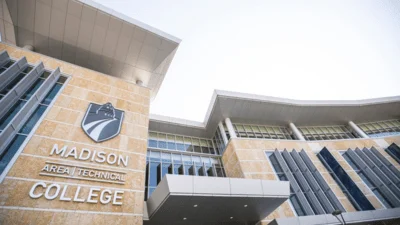Jennifer Mnookin Chancellor | Official website
Jennifer Mnookin Chancellor | Official website
Research efforts at the University of Wisconsin–Madison are advancing mass spectrometry and molecular imaging, led by Lingjun Li, a professor in the School of Pharmacy and Department of Chemistry. Professor Li's work has introduced a new imaging technology that can provide detailed biomolecular information within tissues such as cancer tumors, enhancing resolution and offering potential breakthroughs for biomedical researchers.
Lingjun Li, who was recently named on The Analytical Scientist’s 2024 Power List and received a Kellett Mid-Career Award from UW–Madison, described her lab's focus on spatial molecular imaging. "Mass spectrometry measures the mass of molecules and can provide structural information about them," she stated. This technique is vital for understanding diseases like Alzheimer's through collaboration with the Wisconsin Alzheimer’s Disease Research Center.
The new imaging technique integrates tissue expansion microscopy with mass spectrometry, preserving molecular composition while achieving higher resolution without costly equipment. Hua Zhang in Li's lab played a significant role in developing this accessible approach. "Anyone with a commercial mass spectrometer can use the technique," said Li.
Li emphasizes analytical science's role in broader research and societal needs: "Whether it’s environmental pollutants like PFAS or biomarkers in human disease, we need tools that are sensitive and precise." Her lab is also exploring AI and machine learning to translate data into insights for precision medicine.
The interdisciplinary nature of Li's team supports tackling significant problems, with members from diverse fields like analytical chemistry and pharmaceutical sciences. "Our goal is always to develop tools that can improve human health," she noted.
This research was partially funded by the National Institutes of Health and the U.S. Department of Agriculture.






 Alerts Sign-up
Alerts Sign-up